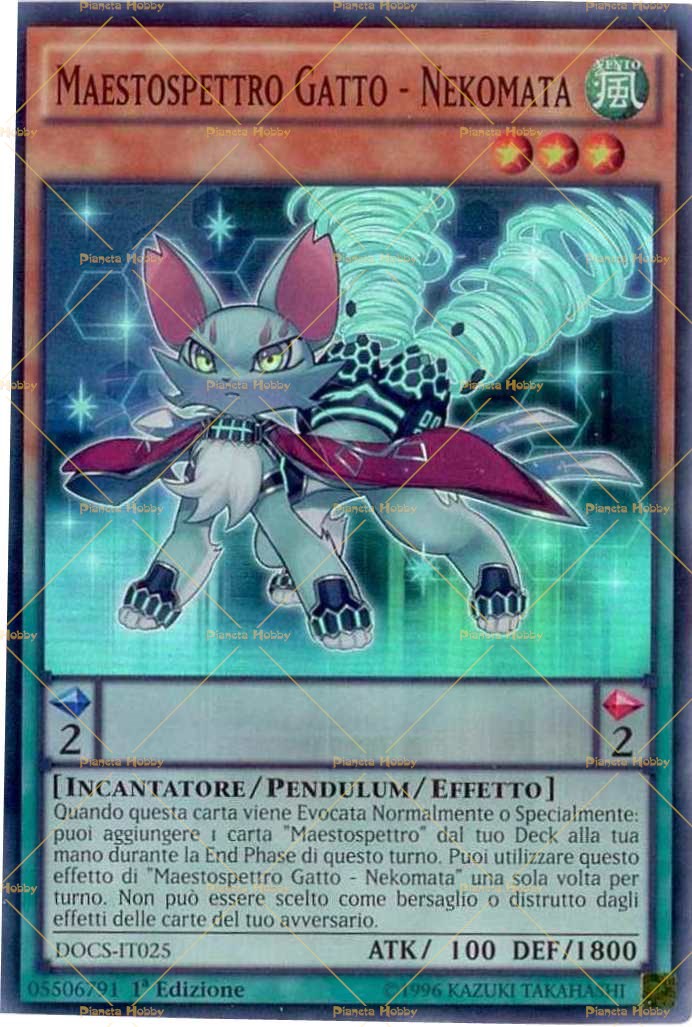Organic Spirits have actually been around almost as long as alcohol has. Gin, liqueurs, absinthe, flavored alcohols, eau-de-vice, art, vermouth, a Cabernet Sauvignon as well as several other agricultural spirits are likewise Organic Spirits. Yet a recent wave of Organic spirits have strongly proclaimed themselves "Botanicals" in a comparable fashion to gin. Yet some are starting to ask yourself if this is just an advertising stunt and Botanical spirits may be on their way out.In the last 5
years there has actually been a major increase in the number of craft distillers opening in the United States. At the same time, the demand for "non-alcoholic" spirits has considerably increased as even more dining establishments, bars, hotels, hotel guestrooms and cottages started adding them to their food selections. As with most emerging markets, the top quality of the Organic spirits being generated has actually come into question. Lots of consumers have actually lost faith in these types of "botanicals" and also the high quality they are using is not believed in by numerous consumers.One of the initial
instances of a man-made substance being added to gin was the addition of juniper to a recipe in a renowned San Francisco bar called The Rose bar. The juniper was first located expanding wild in California and also was dried out to make an extremely powerful restorative. It was at some point contributed to gin to bring back the juniper's vitalized significance after distillation.Distilled gin was quite popular in
England in the 18th century. It was utilized mainly as a beverage to aid alleviate food digestion as well as was believed to be a reliable therapist of all problems, conserve one: that of alcohol. This common misconception has resulted in the production of different botanical spirits to market to absolutes such as alcohol as well as scotch enthusiasts. Rose, lemon, raspberry, orange and ginger gin ended up being some of the world's ideal known botanicals.Today, vodka, brandy and also rum are the major contributors to the organic flavour of the drinks we consume each day. Most of the brand names that have actually adopted these botanical flavours provide consumers the opportunity to enjoy these flavours in their glass without anxiety of consuming a plant product. It is tough to find any genuine botanicals in the distilled version of any cucumber mint Botanical Spirits recipes one of the leading spirits produced these days.Grape seed lip balm has actually made a name for itself worldwide of non-alcoholic spirits. Its natural ingredients give consumers with a preference that is similar to honey and fresh fruits. Seedlip produces a highly focused, non-flavoured version of the traditional martini. Herb flavours such as raspberry and cranberry are infused into the grape seed lip balm, which is usually served in a stainless steel vessel that can be tackled holiday or to a picnic.Lavender tea, created by the Italian manufacturers Lello, has long been associated with the French area of Champagne. In recent years, nevertheless, American spirits manufacturers have started
to create this preferred herbal liqueur in a number of gins, a lot of which include a hint of lavender or increased. The gins are marketed in tiny quantities to customers intrigued in taking a relaxing rosewater or lavender tea.Orange blossom, generated by the Japanese drink manufacturer Yerosha, additionally comes from the agricultural classification. Conventional blossom tea, orange bloom is popular amongst Japanese women. In addition to the fruit flavor, Yerosha has also
added botanicals as well as various other components to increase the stamina of the taste. Some orange blossom manufacturers have developed orange seed starting, a choice to the orange blossom tea, in order to maintain the orange blossom's unique flavor.Many American customers are not familiar with gin. In general, gin is a drink made from a blend of gin, brandy or vermouth, lemon juice, and sugar. Gin is traditionally served with champagne or one more shimmering drink. It may additionally be combined with brandy or vodka
. In the United Kingdom, gin is called a" straw "or" bitter"spirit, while in Australia, it is referred to as"linguine." Lemon is an additional agricultural known as a citrus. Lemon flavors can be found in a wide variety of beverages, including lemonade, sodas, and mixed drinks. Lemon is an essential ingredient in teas that include an intense floral flavor. Additionally, lemon is used in several dishes
that feature citrus taste. Lemon juice, however, is not considered to be an appropriate substitute for alcohol-free items, such as Vodka.Distilled spirits are not technically distilled. Rather, they are generated by a procedure that removes the taste and also body from the alcohol. Some distillers, such as Bacardi, are much more standard than others. The much more pricey brands consist of unique surfaces that present a special taste to the vodka.

Herb spirits are usually thought about an acceptable substitute for alcohol-free items.
